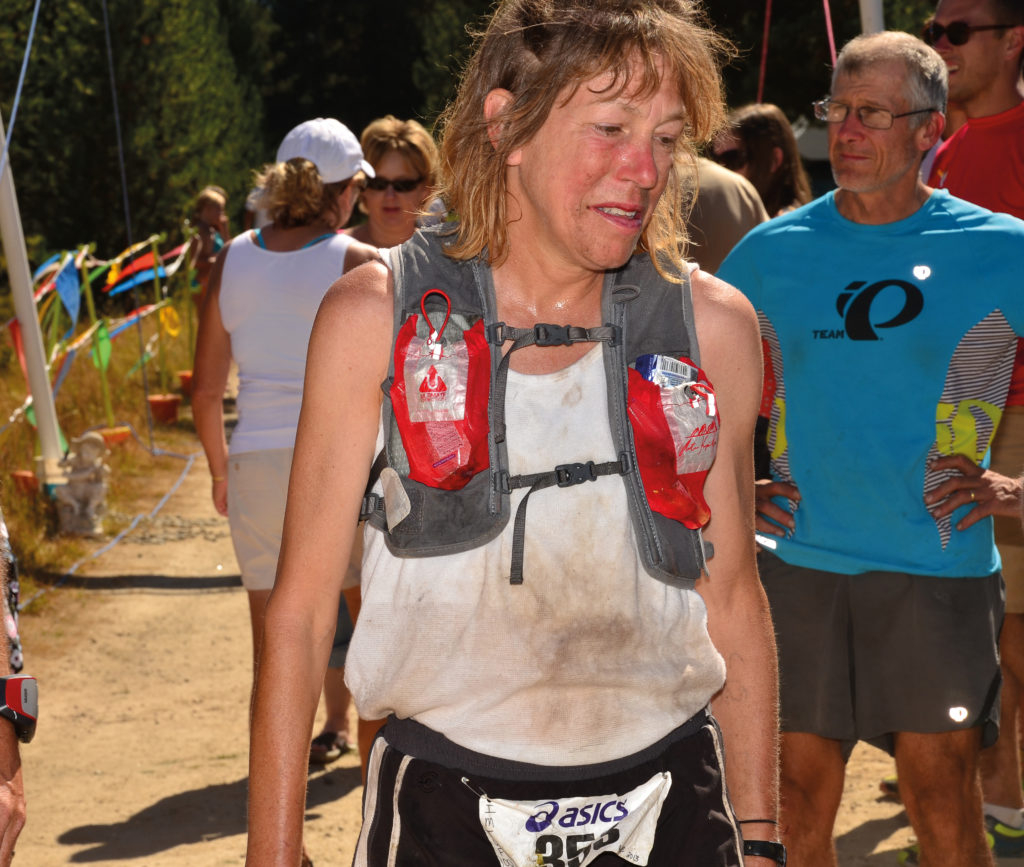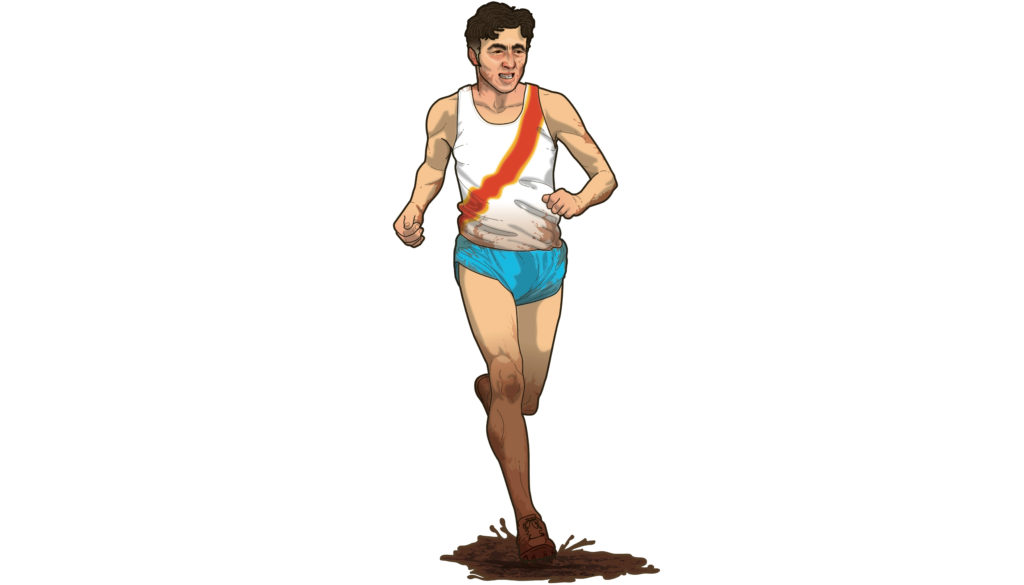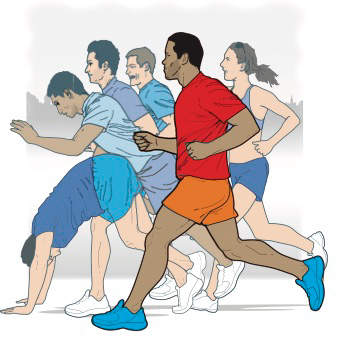
Ann Trason is one of the best ultrarunners of all time – and notoriously ‘tough’
How do you measure strength? When I was a kid, strength meant big men picking up rocks, pulling lorries and carrying beer kegs to be named the World’s Strongest Man. And it was always men on the TV, doing those things.
But ask those guys to run a mile and you’d soon see their weaknesses. The world CrossFit Games, which is as close to a modern-day equivalent of the Sunday afternoon TV I watched in my youth, prides itself on crowning two people the ‘Fittest on Earth’. These men and women run a mile as part of their tests of strength. But over 10K or a marathon, I’m confident I could give them a run for their money.
Last summer’s Olympics was a parade of strong humans showing the different ways their bodies are strong and the different shapes and sizes that strength comes in – from 5’4” cyclist Laura Trott to Usain Bolt’s 6’5” frame.
Across all these examples, however, men come out as ‘stronger’ than women. It’s just a fact of your physiology that the strongest man will be able to carry a heavier weight than the strongest woman, and the fastest man will run faster than the fastest woman.
But what about toughness? If strength is quantifiable as a measurement, toughness is harder to define. The greatest display of toughness might just as easily be from the person finishing last in a race as finishing first. Toughness makes you keep going when reason tells you to quit. And women have shown that they can be tougher than men.
Take ultramarathons: a test of strong legs, strong endurance but also of toughness. Women are more likely to finish an ultra than men who have a much higher DNF rate. At the Leadville 100 in the US, almost all women make it to the finish whereas more than half the male competitors drop out.
At the marathon distance, women are able to hold their pace better than men as the race progresses through those tougher latter stages. A RunRepeat study of 1.8 million results showed women slowed down 18.62% less than men in the second half.
Female strength and toughness hasn’t always been something that has been celebrated, but that doesn’t make it a new phenomenon. As a human race we wouldn’t exist without women’s ability to withstand pregnancy and childbirth – something that most would tell you is a lot tougher than running a marathon.






